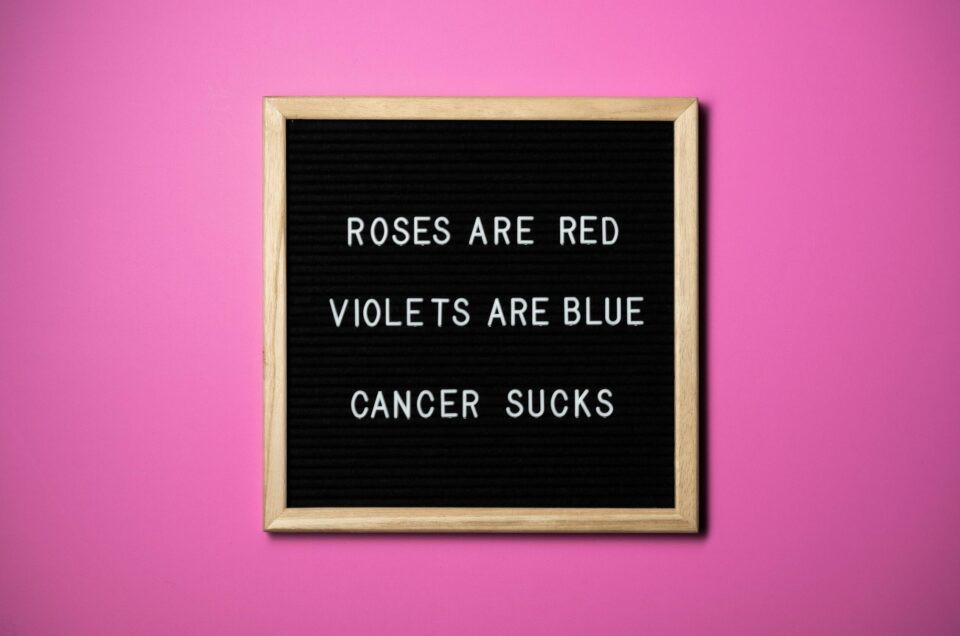The Path to a Cancer-Free Future: Insights from Recent Media Coverage

Just a few days after the 75-year-old British monarch was admitted to the hospital for a procedure related to an enlarged prostate, Russian President Vladimir Putin made a stunning announcement on Wednesday (Feb 14).
He declared that scientists in his country are on the brink of developing vaccines to cure cancer, potentially bringing hope to countless patients worldwide.
If confirmed, this could mark a significant milestone in medical history and another triumph for science.
To shed light on the groundbreaking work being done in the field of cancer research, we’ve curated a list of 10 major achievements reported in the media.
These advancements showcase the relentless efforts of scientists across the globe to combat this disease and offer hope for a cancer-free future.
Let’s go through them:
MIT spinout Elicio developed a vaccine based on a lymph node-targeting approach first developed at the Koch Institute. Phase 1 solid tumor clinical trial results are promising so far.
Preclinical study explains the previously observed anti-cancer effect of the common anesthetic drug
- FDA Approves New First-line Treatment Option for Metastatic Pancreatic Cancer: What You Need to Know
For the first time in more than a decade, the FDA has approved a new first-line treatment for patients with metastatic pancreatic cancer. After a clinical trial showed a positive survival benefit, the combination chemotherapy called NALIRIFOX is now approved for patients who have not received any previous treatment.
For a disease with limited treatment options, this FDA announcement is exciting news.
A research team led by Gaorav Gupta, MD, PhD, associate professor in the Department of Radiation Oncology at the UNC School of Medicine and member of UNC Lineberger Comprehensive Cancer Center, discovered the inner workings of an immune response pathway that could aid in cancer prevention and treatment.
Medicine used alongside chemotherapy in trials quadrupled three-year survival rates for mesothelioma
Gilead Sciences said on Thursday enrollments to test its cancer drug, magrolimab, on solid tumors had been paused globally, a week after the U.S. regulator put some studies on hold following increased risk of patient deaths.
Researchers are blasting patients’ cancer cells with dozens of drugs in the hope of finding the right treatment.
Most complicated therapy ever’ tailors bespoke, genome-edited immune cells to attack tumours.
We’ve all seen that generative AI tools like ChatGPT, or Stable Diffusion can create amazing text and images that very closely resemble those created by humans.
But did you know there are many other potential use cases – including incredible things like potentially helping to cure cancer?
Tumor-targeting antibodies coupled with toxic chemicals are an unprecedented success in treating bladder cancer.
That’s it.
If you can spare a few minutes this week, consider diving into one of these media articles to grasp the remarkable progress we’ve made and why a breakthrough in cancer treatment may be closer than we think.
Don’t forget to mark your calendars for Paris Talks in March.
We’ll be taken through an enlightening journey led by an incredible oncologist and other experts, all aimed at advancing the fight against cancer.
See you there!

